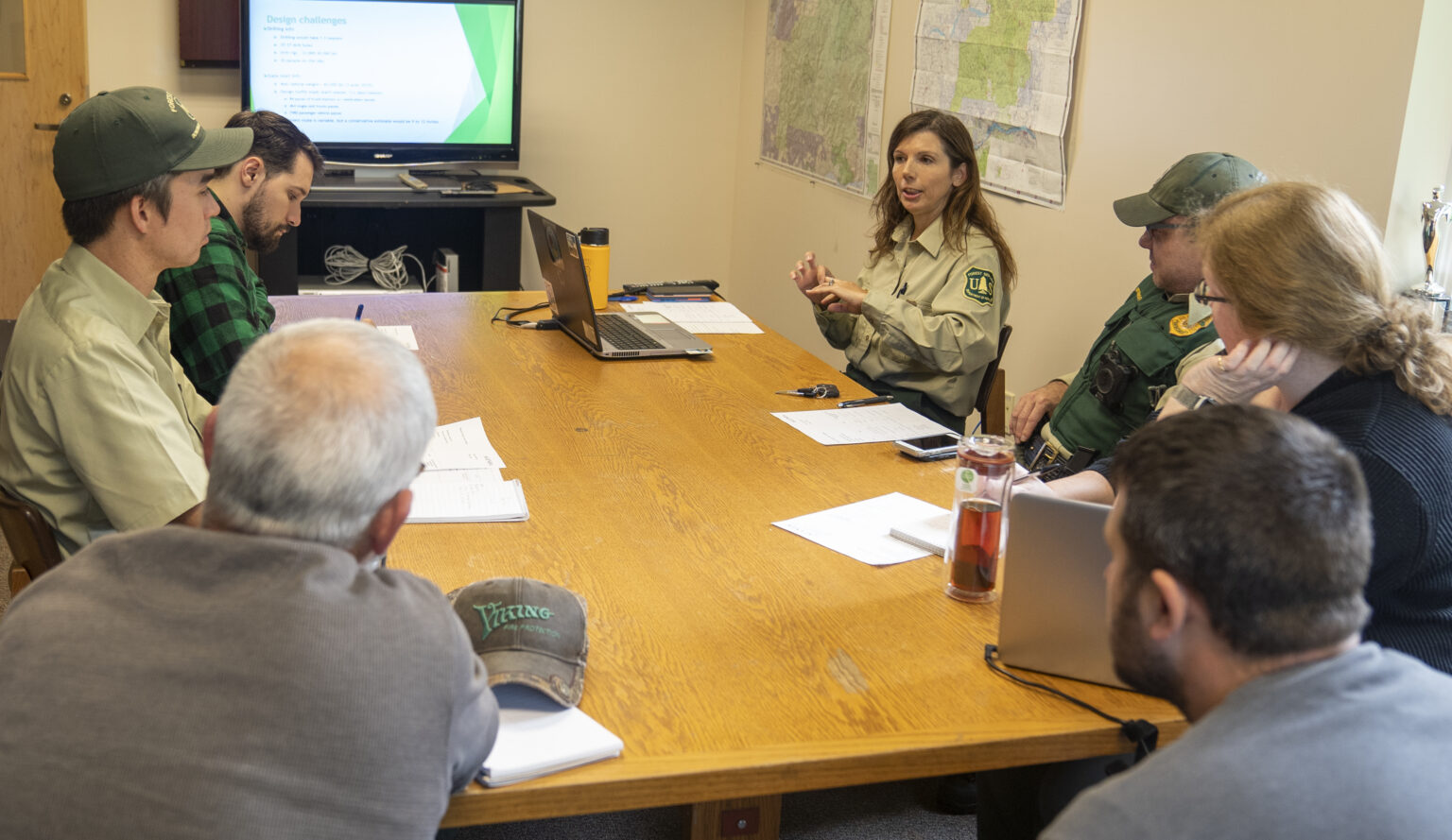Lawmakers clear civics requirement for high school grads
Published 10:25 am Tuesday, May 25, 2021

- Graduates of Baker High School. (S. John Collins/Baker City Herald file photo)
Gov. Kate Brown is the final stop for a bill that requires one semester of civics education for Oregon high school graduates.
Senate Bill 513 passed the House 60-0 without amendment on Monday.
Trending
The fourth try was the successful one for Rep. Paul Evans, a Democrat from Monmouth who has proposed it in three previous sessions. Evans was the chief House sponsor and floor manager for the Senate bill.
“It is a bill that begins the process of holding our schools accountable for teaching the next generation of Oregonians how to operate the most complex, complicated and often confounding form of self-governance in human history,” Evans said.
“This is a call to arms for all good people to come to the aid of our Union.”
Evans is a speech communication instructor at Chemeketa Community College and has overseas service with the U.S. Air Force and the Oregon Air National Guard. He also was an adviser to Gov. Ted Kulongoski on emergency management, military and veterans issues.
The bill passed the Senate on a 25-3 vote on April 7. The requirement takes effect in the 2025-26 school year.
The bill emerged from the House Education Committee led by Rep. Teresa Alonso Leon, D-Woodburn, who said there is a pending bill (Senate Bill 702) that directs the Department of Education to review social studies standards with an eye toward teaching a more complete view of the nation.
Trending
“It’s also important that we talk about the history and the many people who contributed to the development of our country,” Alonzo Leon, one of a record 12 members of color in the current Legislature, said. “These are people who for many years could not vote. I want to make sure those standards cover that piece of history.”
Though Rep. Gerald “Boomer” Wright, R-Reedsport, also voted for the bill, he said lawmakers should be mindful of teaching priorities. Oregon graduation requirements cover two years of social studies — not necessarily civics, even though some districts already require it — in addition to four years in English and three years in math.
“When we require things in high school, there are only so many hours in the day,” Wright, a retired teacher and school administrator, said. “Every time we require something, something is not taught that was previously taught. When we want to make sure our students get what we believe is necessary to continue this form of government and support this society, we must remember that when we add something, something disappears.”
Only 24% of students in a 2018 National Assessment of Educational Progress — otherwise known as the nation’s report card — were proficient or better in civics. The average score on civics was 153 of 300, largely unchanged from 150 (and 22% proficient) in 1998. Except for 2002, civics has been assessed every four years since then.





